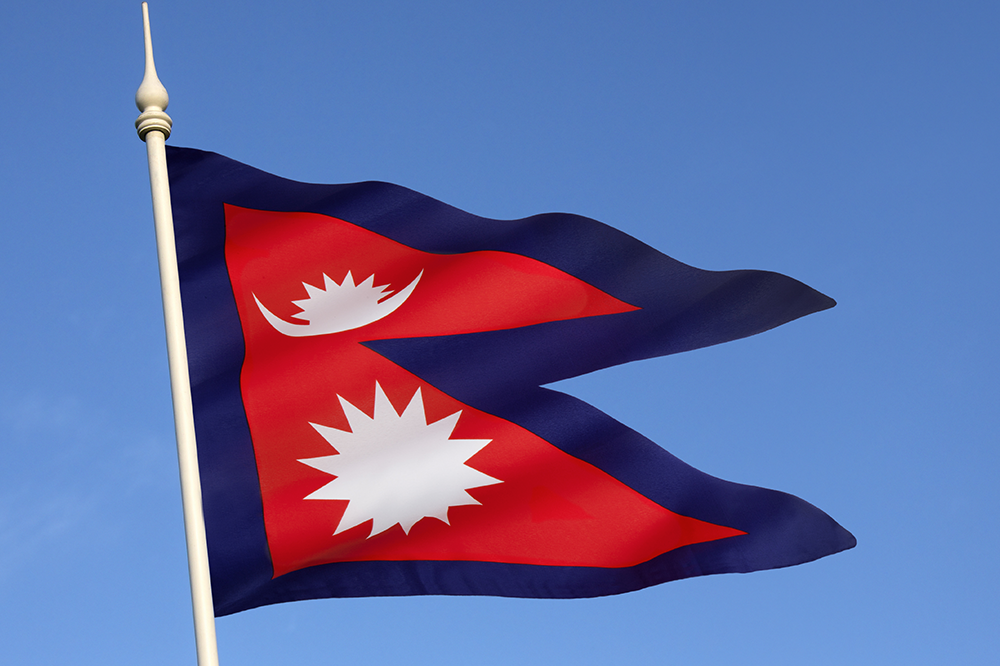 The ICJ today urged the Government of Nepal to reverse its decision to extend the tenure of Colonel Raju Basnet, alleged to have been involved in systematic enforced disappearance and torture and ill-treatment.
The ICJ today urged the Government of Nepal to reverse its decision to extend the tenure of Colonel Raju Basnet, alleged to have been involved in systematic enforced disappearance and torture and ill-treatment.
The ICJ also called on the UN Human Rights Council and other key international actors to meaningfully address the failure to combat impunity in Nepal. In this respect, the Human Rights Council must use the opportunity of the upcoming session of the Universal Periodic Review (UPR) in Geneva in January 2011, where Nepal will undergo a comprehensive review to assess its human rights performance.
“The Government’s latest action is emblematic of two aspects of impunity in Nepal,” stated Douglass McCrae, the ICJ’s Nepal representative. “First, there is a persistent failure to investigate and prosecute serious crimes under international law. Second, it is patently obvious that the Government does not vet its military and police personnel based on human rights concerns. Both aspects of impunity are grave and disappointing in light of Nepal’s history and the justice aspirations of the Comprehensive Peace Agreement.”
According to media reports, Prime Minister Madhav Kumar Nepal defended the decision of the Government of Nepal to extend Colonel Basnet’s tenure by stating that any allegations of criminal liability should be addressed by the anticipated Truth and Reconciliation Commission (TRC). The TRC Bill is currently before the legislature, along with the Disappearances Commission Bill, both of which require the Attorney General to consider recommendations for prosecution where evidence of serious crimes is uncovered.
However, the ICJ emphasized that both Nepali and international law require prompt and independent investigations where evidence of crimes under international law exists. Neither the TRC nor any future commission of inquiry must ever be used as a pretext to delay the course of justice. Nor can the TRC usurp the role of the criminal justice system in making individual determinations of criminal responsibility, which must remain the exclusive jurisdiction of an independent and competent judiciary.
“In the case of the Bhairabnath Battalion, the Supreme Court’s June 2007 findings and order compel Government to investigate and prosecute in this case immediately and without delay,” said Mr. McCrae. “By extending the tenure of Colonel Basnet, as it did earlier with the promotion of General Toran Singh in relation to the same case, the Government is signalling contempt for the rule of law and human rights protections.”
The ICJ condemned the Government’s unwillingness to respond to national and international demands for investigations and prosecutions in emblematic cases where evidence of serious crimes already exists, including the alleged actions of the Bhairabath Battalion; the enforced disappearance, torture and extrajudicial killing of Maina Sunwar; and the alleged assassination by members of the Maoist Party of Arjun Lama and Ram Hari Shrestha.
“We call on the Government immediately to investigate and prosecute these serious crimes and to apply human rights standards in a process of vetting appointments, promotions and extensions of the tenure of military and police personnel,” said Roger Normand, the ICJ’s Asia Pacific Director.
For further information: Douglass McCrae, ICJ-Nepal +977 98 49656781 , +977 01 4248934
Nepal-commitment combat impunity-press release-2010 (full text in Nepali, PDF)




